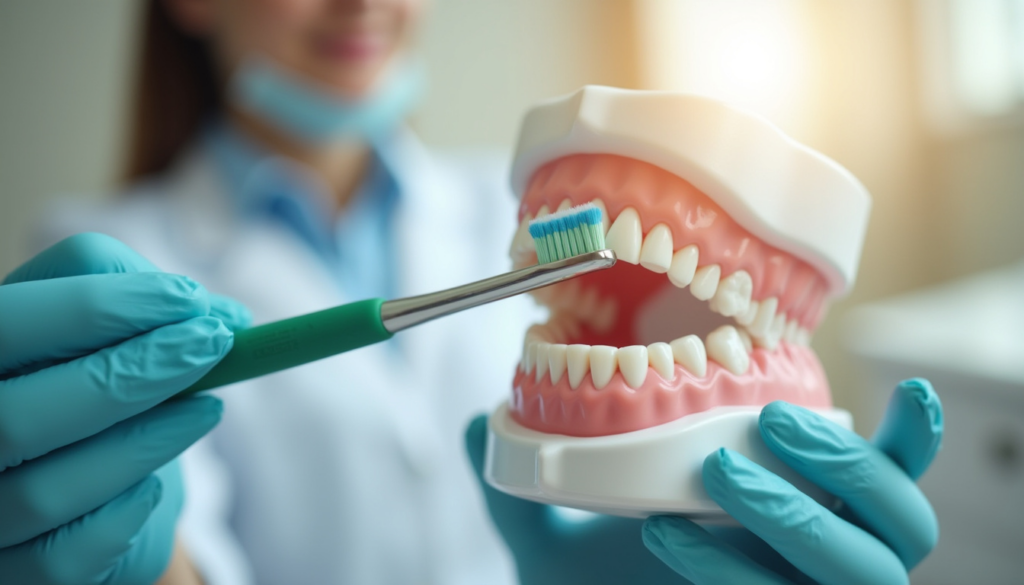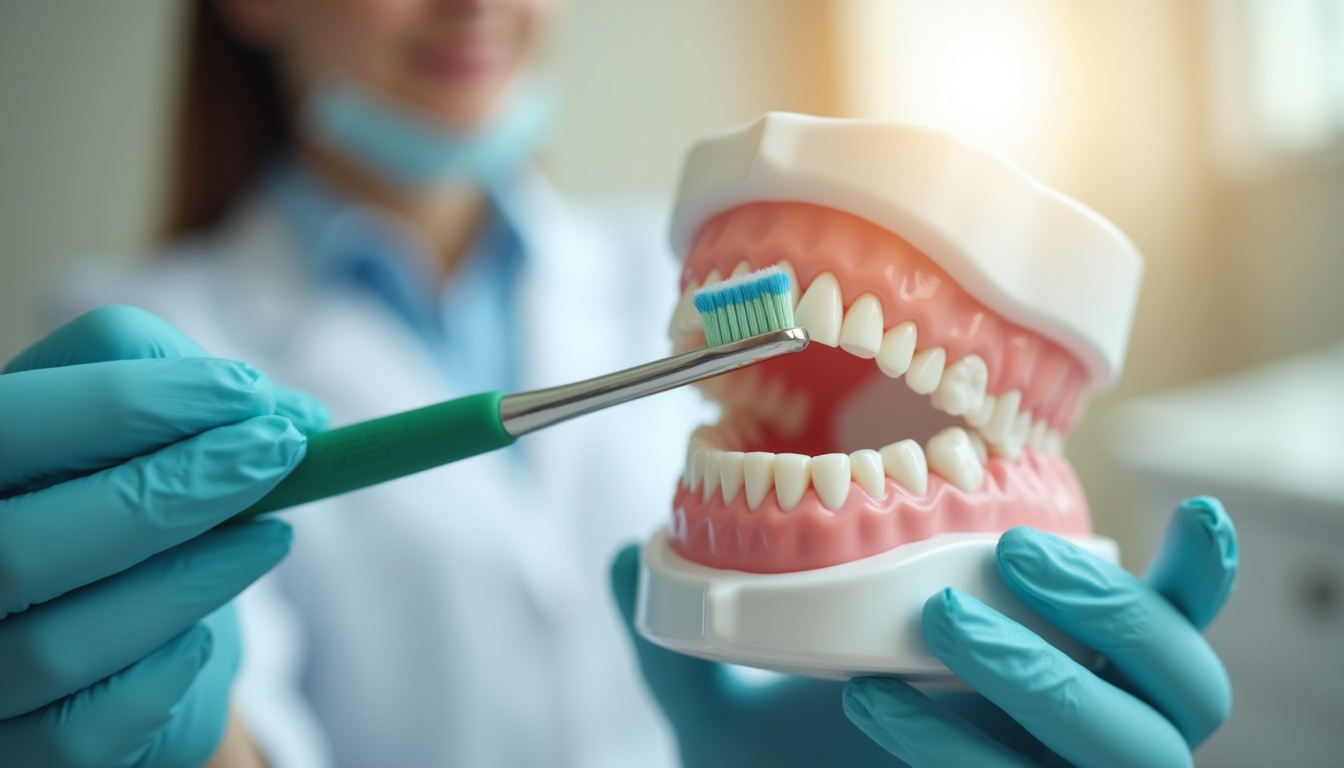Toothbrush Tips for Sensitive Teeth: What to Look For & How to Care Properly
If brushing your teeth causes discomfort or pain, you’re not alone. Tooth sensitivity is a common issue, and using the right toothbrush can make a big difference. In this article, we’ll guide you through choosing the best toothbrush for sensitive teeth and how to brush effectively without irritation.
Learn what the American Dental Association recommends for brushing with sensitive teeth.
Why Are My Teeth So Sensitive?
Tooth sensitivity usually occurs when the enamel wears down or gums recede, exposing the dentin underneath. Triggers may include:
- Cold or hot foods and drinks
- Brushing too hard
- Acidic foods
- Gum disease
- Whitening products
Explore our guide to gum disease prevention here.
What to Look for in a Toothbrush for Sensitive Teeth
1. Soft or Extra-Soft Bristles
Hard bristles can damage enamel and irritate gums. Always choose a brush labeled “soft” or “extra-soft.”
2. Small Brush Head
A smaller head makes it easier to reach tight spaces and brush gently around the gumline.
3. Electric Toothbrush with Pressure Sensor
Many electric toothbrushes are now designed for sensitive teeth and include:
- Pressure sensors to avoid brushing too hard
- Gentle cleaning modes
- Soft, replaceable brush heads
Need help choosing an electric brush? Book a consultation with our dental team.
Top Toothbrush Brands for Sensitive Teeth
Here are a few dentist-approved options you can consider:
- Oral-B Pro Sensitive Clean
- Philips Sonicare ProtectiveClean 5100 for Sensitive Teeth
- Curaprox Ultra Soft 5460
- Colgate 360° Enamel Health Extra Soft
Make sure to pair your toothbrush with a sensitive toothpaste containing potassium nitrate or stannous fluoride.
Brushing Tips for People with Sensitive Teeth
- Brush twice a day for 2 minutes using a gentle circular motion
- Never scrub hard—let the brush do the work
- Replace your toothbrush every 3–4 months
- Use lukewarm water instead of cold
- Avoid acidic foods and drinks immediately after brushing
Learn how to build a full daily oral care routine.
When to See a Dentist About Sensitivity
If tooth sensitivity is sudden, severe, or long-lasting, it may indicate:
- A cavity or crack in the tooth
- Worn fillings
- Gum recession or infection
- Enamel erosion
At Maxilla Dental, we’ll diagnose the cause and recommend a personalized solution—whether it’s a desensitizing treatment, restorative work, or just advice on daily care.
📅 Book your appointment today and let’s protect your smile from sensitivity.


